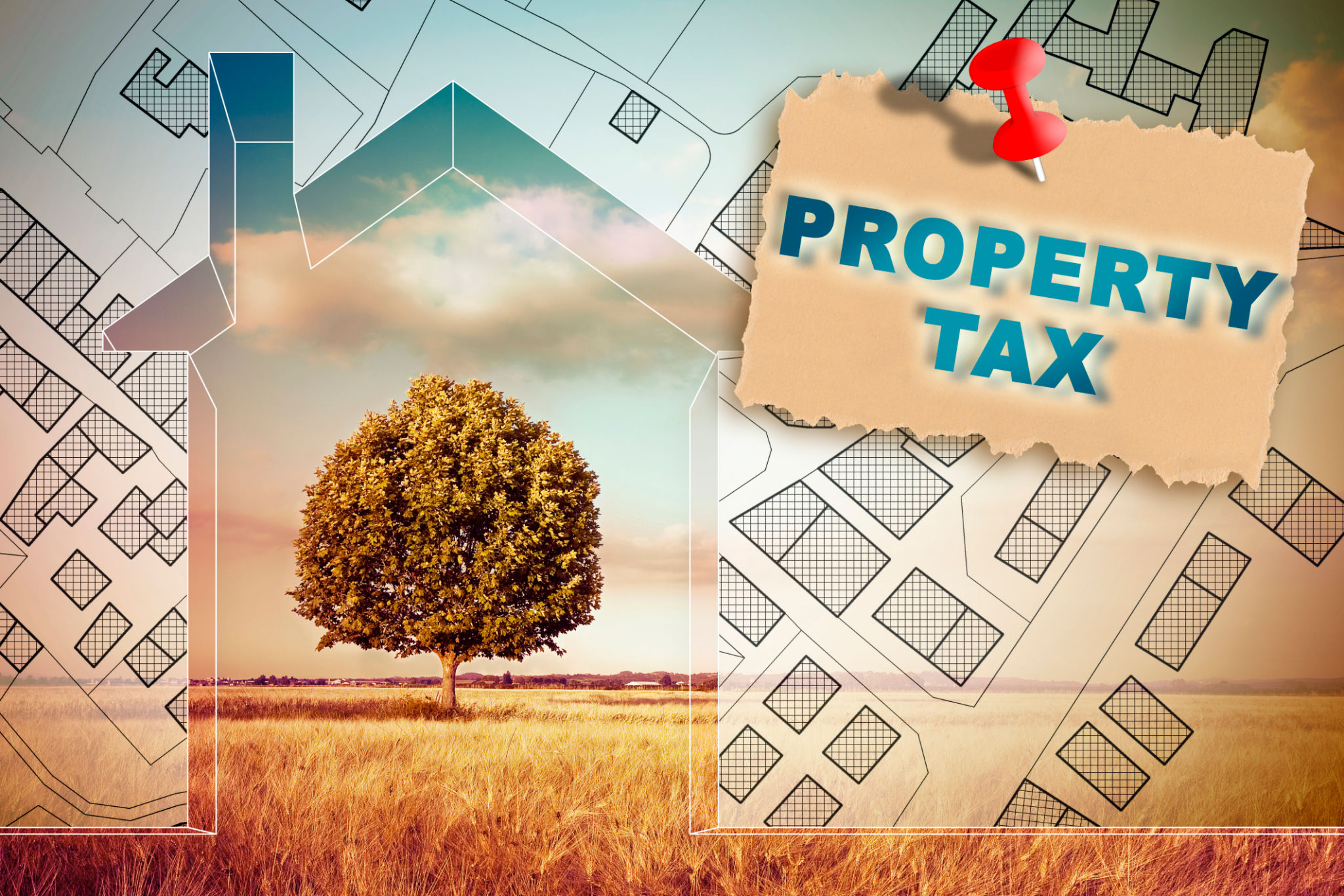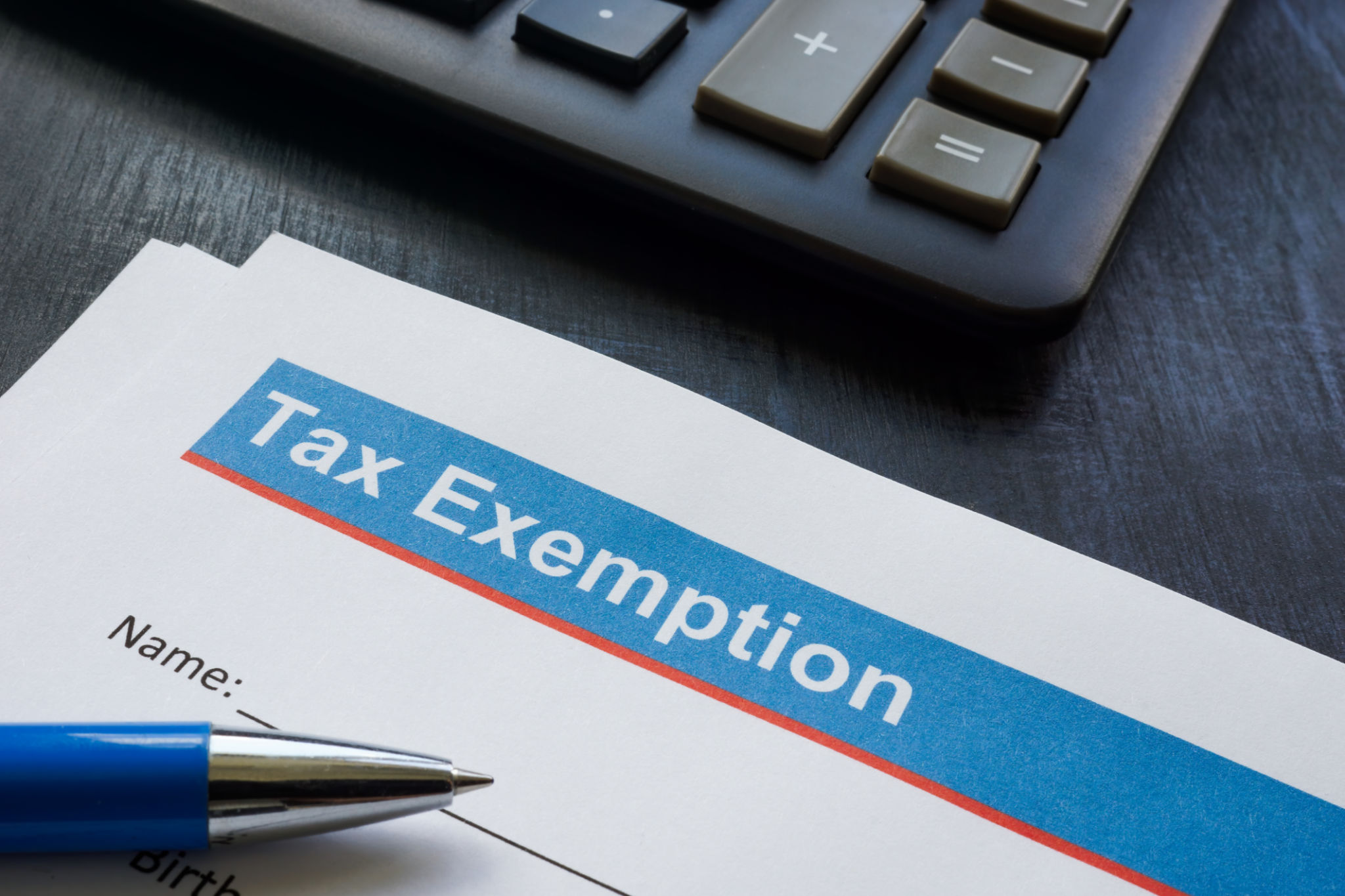Understanding Tax Regulations in Broward County: A Guide for Residents
Introduction to Broward County Tax Regulations
Understanding tax regulations can often feel overwhelming, especially for residents who are navigating the nuances of local policies for the first time. In Broward County, staying informed about tax obligations is crucial for ensuring compliance and avoiding any potential penalties. This guide aims to provide residents with a clear understanding of the key aspects of tax regulations specific to the area.

Property Taxes in Broward County
One of the most significant tax obligations for residents in Broward County is property tax. These taxes are essential for funding local services such as schools, public safety, and infrastructure. The property tax rate is determined by the Broward County Property Appraiser’s Office, which assesses the value of properties annually.
Understanding Your Property Tax Bill
Your property tax bill is a reflection of several factors, including the assessed value of your property and the millage rates set by various taxing authorities. It's important to review your bill carefully and ensure all information is accurate. If you have any discrepancies or questions, contacting the Property Appraiser’s Office is a recommended first step.

Sales Tax in Broward County
Sales tax is another critical component of Broward County's tax structure. The current sales tax rate in the county is a combination of the state sales tax and any local surtaxes that may apply. This tax is typically applied to goods and services purchased within the county.
Exemptions and Special Cases
Certain goods and services may be exempt from sales tax, such as groceries and prescription medications. Additionally, some transactions may qualify for reduced rates or special considerations, so it's beneficial for residents to familiarize themselves with these exemptions.

Income Tax Considerations
While Florida does not impose a state income tax, understanding federal income tax obligations remains essential for Broward County residents. Keeping organized records and seeking assistance from a tax professional can help ensure that all federal tax responsibilities are met efficiently.
Tax Credits and Deductions
Residents should also explore potential tax credits and deductions available at the federal level. These can significantly reduce taxable income and lower overall tax liability. Common deductions include mortgage interest, student loan interest, and contributions to retirement accounts.
Navigating Local Tax Resources
Broward County offers various resources to help residents manage their tax obligations. The Broward County Revenue Collection Division provides information and support regarding different types of taxes and payment options. It's worthwhile to utilize these resources to stay informed and compliant.

Seeking Professional Help
If you find yourself overwhelmed by tax regulations or have specific questions related to your situation, consulting with a certified public accountant (CPA) or a tax advisor can provide personalized guidance and peace of mind. These professionals are equipped to handle complex scenarios and ensure that you’re taking full advantage of available benefits.
Conclusion
Understanding the intricacies of tax regulations in Broward County is essential for every resident. By familiarizing yourself with property taxes, sales taxes, and federal income tax obligations, you can confidently manage your financial responsibilities. Remember to utilize local resources and seek professional guidance when necessary to navigate this often complex landscape effectively.
